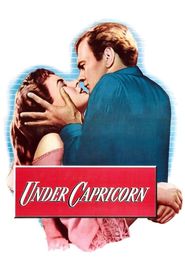Writer Helen Simpson was born Helen De Guerry Simpson in Sydney, Australia, in the year 1897. Her father, a solicitor, and her mother, the daughter of a member of the French nobility, had a tumultuous relationship that led to their separation. As a result, Helen's mother moved to London, England, and Helen was sent to a Catholic convent boarding school.
In 1914, Helen traveled to England to join her mother and enrolled at Oxford University in 1915. However, her academic pursuits were cut short when she joined the Women's Royal Naval Service in 1918 and was posted to the decoding section of the Admiralty. She returned to Oxford the following year and began to study music, with the intention of becoming a composer. However, she soon became enamored with the theatre and wrote several plays, even founding the Oxford Women's Dramatic Society.
Despite her passion for the theatre, Helen ran afoul of the college authorities due to their strict regulations regarding male and female students acting together. She left Oxford in 1921 without completing her degree.
In 1921, Helen returned to Sydney to attend her brother's wedding, where she published a collection of verse titled "Philosophies in Little". Two years later, she wrote a play based on the life of Italian artist Benvenuto Cellini, which was performed in Sydney and published in a literary contest. She returned to Oxford in 1924 and, as a result of a bet, wrote a novel in just five weeks, titled "Acquittal", a detective thriller that was published in London in 1925.
The success of "Acquittal" led to a flurry of novel and playwriting activity, with Helen producing several more works in quick succession. In 1927, she returned to Australia, where she married pediatric surgeon Denis Browne and had a daughter named Clemence, after her close friend and writer Clemence Dane.
Helen continued to be a prolific writer, producing a series of detective novels, as well as novels about the history of Australia and a biography of King Henry VIII. She also gave a series of lectures and broadcasts on literary history in the 1930s and toured the United States in 1938.
However, by this time, Helen's eyesight was failing, and she began to scale back her writing activities. She turned to politics and ran as the Liberal candidate for Parliament for the Isle of Wight in 1938.
Helen Simpson passed away in October 1940, as a result of injuries sustained during an air raid in Overbury, near Evesham, Worcestershire. She was survived by her husband and daughter.






















